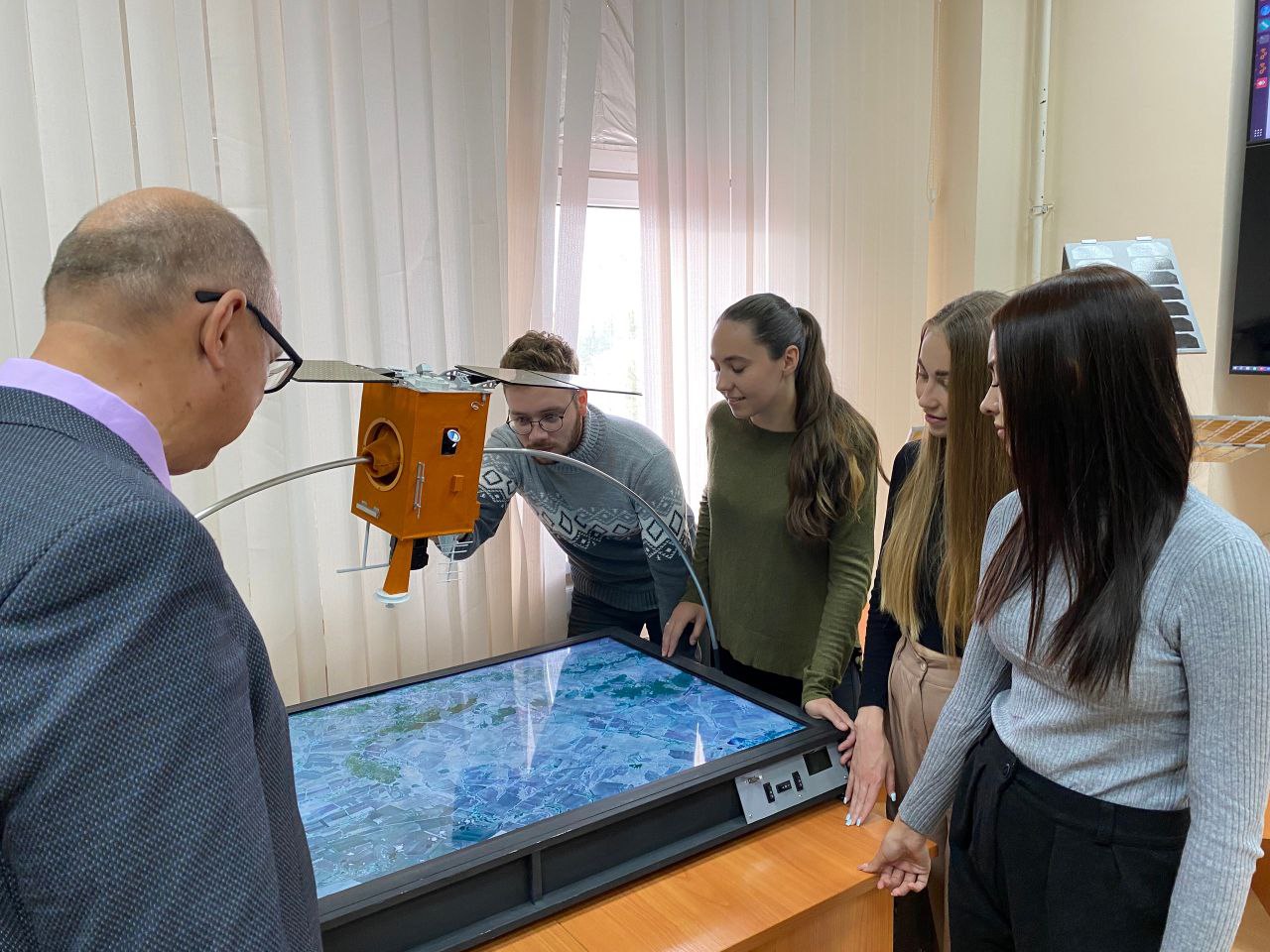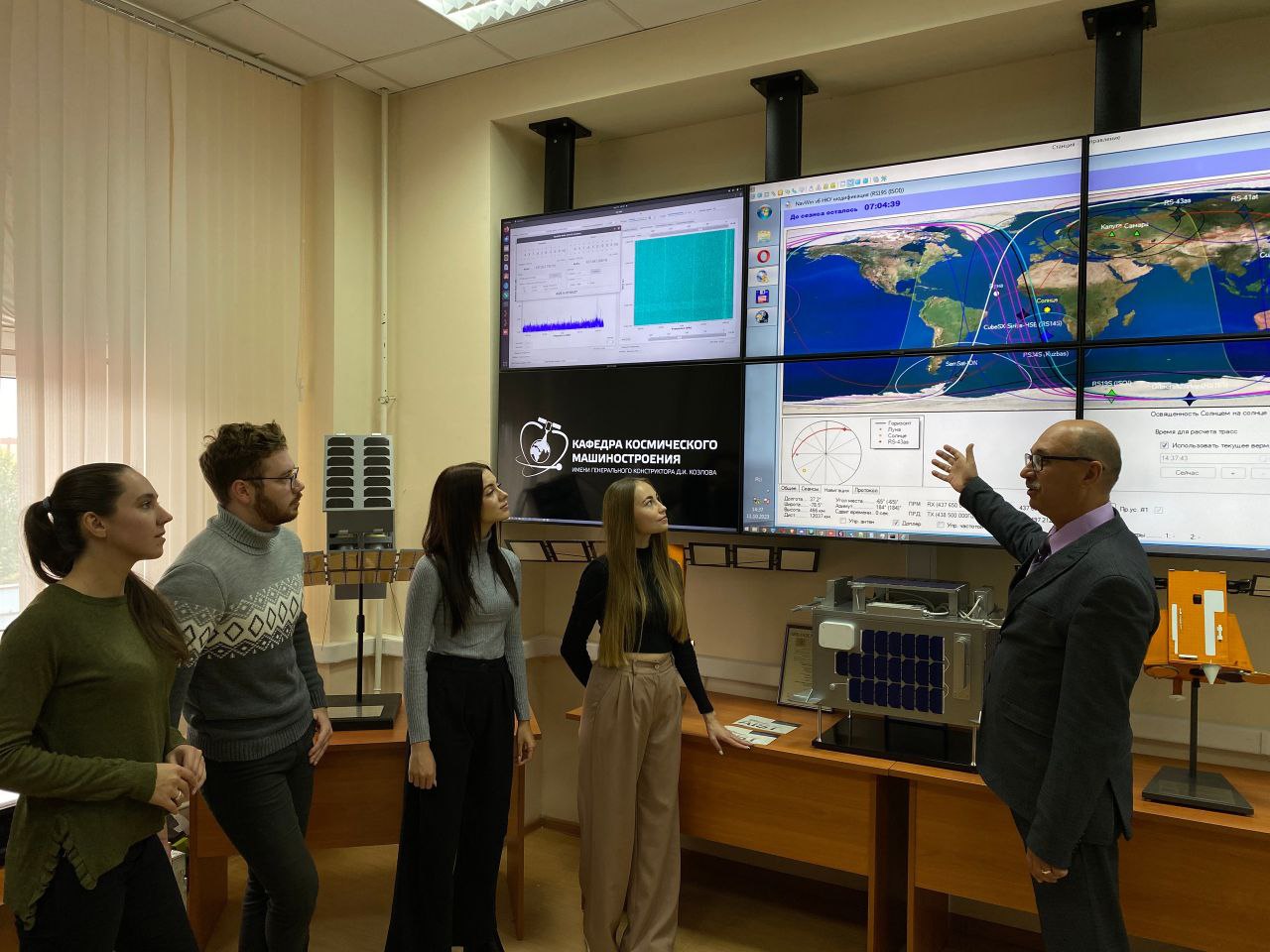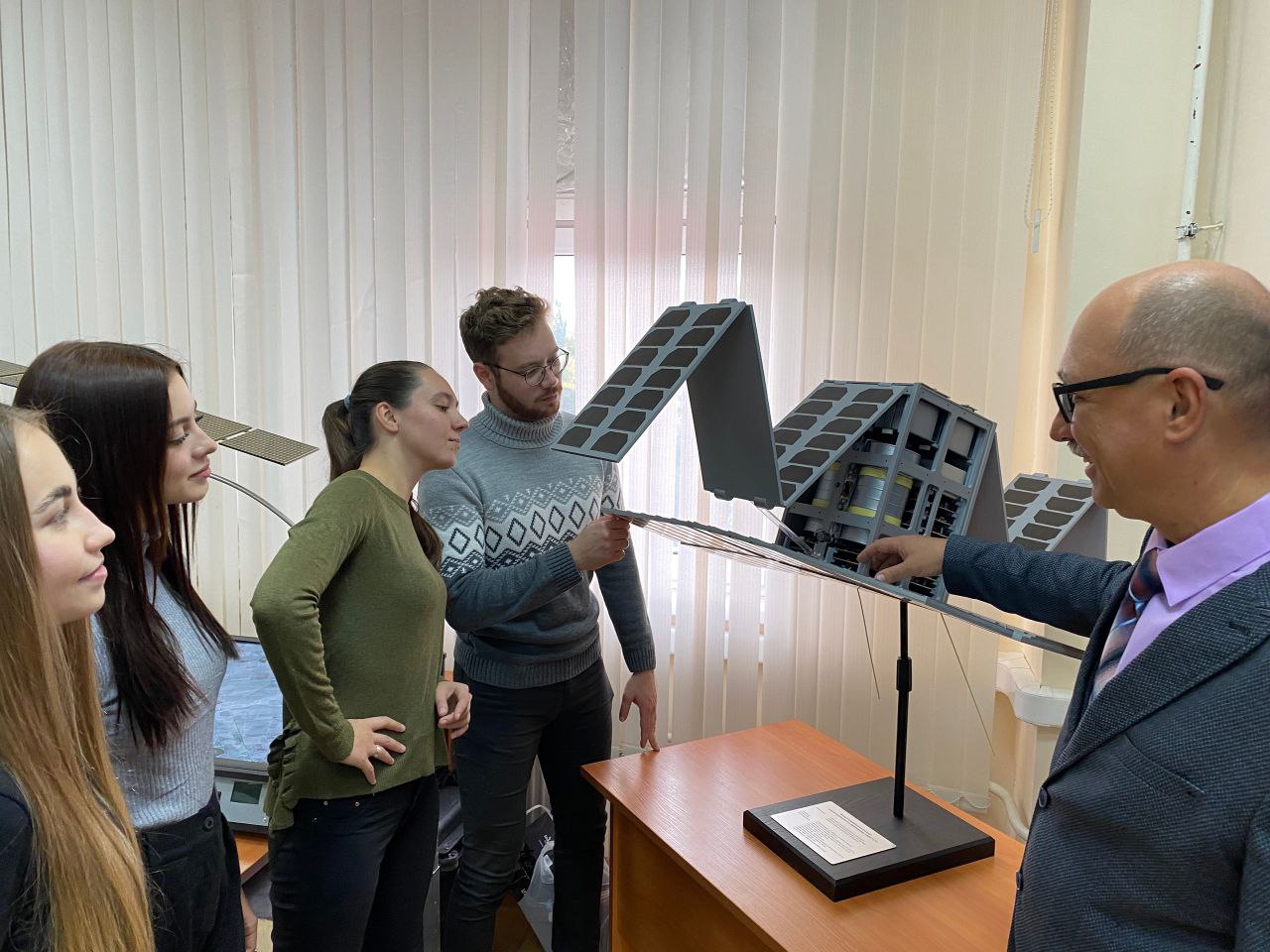According to the University’s experts, small spacecrafts have a number of advantages. Unlike middle-class spacecrafts and orbital stations, they are cheaper, can be manufactured in short time and be launched in large batches simultaneously.
However, the efficient use of small satellites requires a large number of various additional studies aimed at identifying features of their behavior in certain conditions. One of these features is thermal shock.
Previously, its impact on spacecraft and orbital stations was generally neglected, as it was believed that it was too small.
Nevertheless, experiments conducted in 2017, on the International Space Station with promising ultra-thin ROSA (Roll-Out Solar Array) solar panels showed that thermal shock caused significant oscillations in these panels. When the experiment was over, the oscillations did not allow the ROSA panel to be rolled back, and it had to be released from the station in its unfolded form.
According to experts, small spacecraft performance can be improved due to the new thermal-shock perturbation evaluation method applicable to small satellite movement, which was developed by scientists of Samara University.
Applying the method, designers can judge about expediency of taking into account thermal shock for a particular small satellite, and adjust the model of its orbital movement, which in turn will make it possible to solve target tasks more productively. For example, to obtain clearer images during the Earth remote sensing from outer space.
According to scientists, the results obtained can be used to create small satellites for technological purposes.
“Other research teams have similar developments, no doubt about it. However, the method presented in our work is a kind of attempt of complex approach to deciding on taking into account thermal shock, which integrates key features of a small spacecraft”, said Andrey Sedelnikov, Professor of the General Designer D.I. Kozlov Department of Space Engineering of Samara University.
He considers that mathematical description of thermal shock needs complex calculations, which is not always justified. However, in some cases it cannot be neglected.
This work was carried out in framework of the state task of the Ministry of Science and Education of the Russian Federation. In future, scientists are going to give more precise description of the thermal shock process, and its impact on performance of target tasks by a small spacecraft. For example, thermal shock may cause loss of stability of the solar panel.
Samara University is a participant of the Russian Government University Support Program “Priority 2030" of the National Project “Science and Universities”.
Source: ria.ru
Photo: Maxim Ivanushkin



